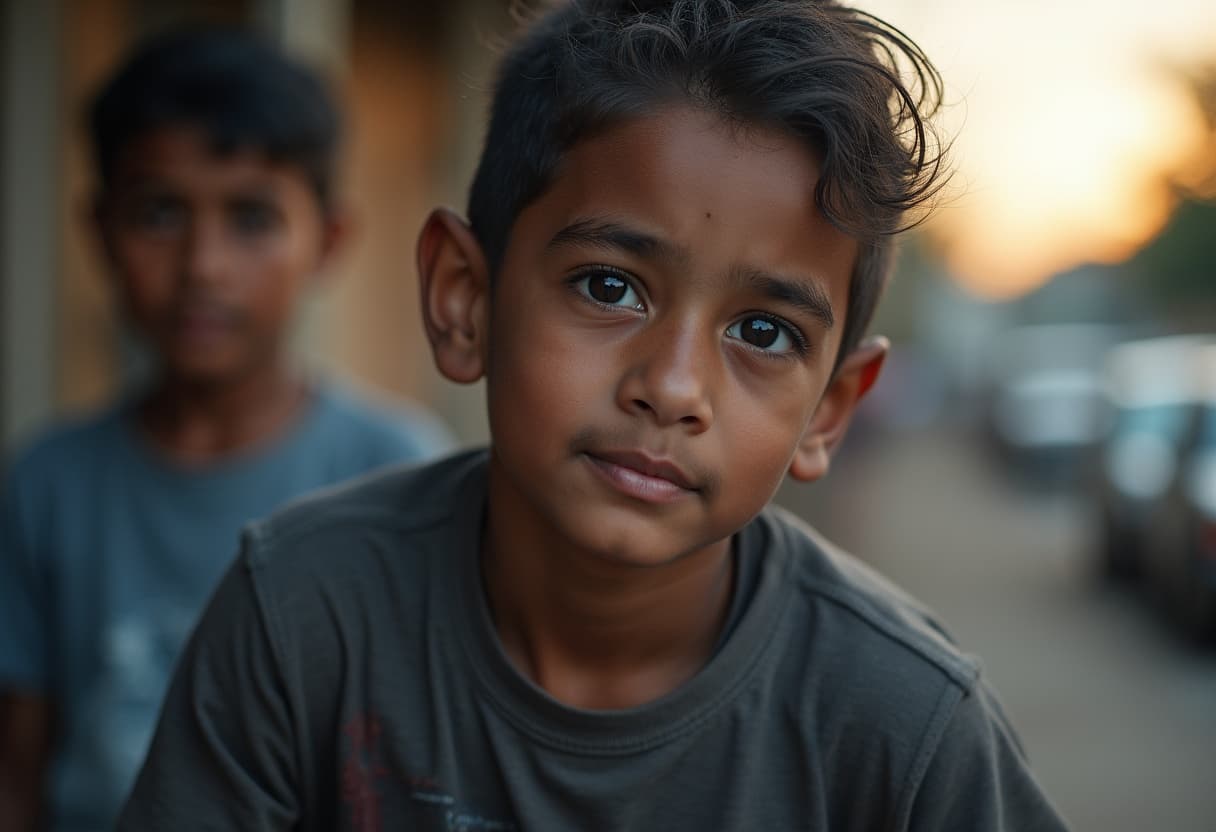Sharp Rise in Sexual Offence Convictions Among Indian Nationals in the UK
Recently released data from the UK’s Ministry of Justice (MoJ) reveals a striking 257% increase in sexual offence convictions involving Indian nationals between 2021 and 2024. This surge represents the most significant rise among all foreign nationalities convicted of sex crimes in Britain during this period.
Detailed Breakdown of Crime Trends (2021–2024)
- Indian nationals convicted of sexual offences rose from 28 cases in 2021 to over 100 in 2024.
- Nigerian nationals followed with a 166% uptick in similar convictions.
- Iraqi nationals saw a 160% climb.
Beyond sexual offences, Indian nationals also experienced a 115% increase in convictions for serious crimes over the same timeframe, ranking third highest among foreign nationals after Egyptians and Algerians. The total serious offence convictions rose from 273 in 2021 to 588 in 2024.
Contextualizing the Numbers: Immigration and Asylum Patterns
This shift emerges alongside rising immigration and asylum claims from Indian nationals to the UK. Recent government figures show:
- 293 Indian nationals crossed into the UK illegally via small boats in 2024.
- 206 such illegal arrivals were reported in the first half of 2025.
- Indian arrivals compose 15% of all illegal UK port crossings for the year ending June 2025.
- 5,474 asylum applications were filed by Indians during the same period.
- Of these, most (approximately 4,000) first entered legally, mainly on student visas; about 400 arrived by small boat; the rest used other entry methods.
- Asylum outcomes reveal 2,691 refusals and only 20 approvals, with many cases still pending.
Expert Insights and Broader Implications
Experts caution against simplistic interpretations of rising crime statistics tied to immigrant groups. Dr. Sarah Whitmore, a criminologist specializing in migrant integration, explains, "An increase in convictions can reflect various factors, including improved policing, reporting, or socio-economic challenges faced by immigrants." She emphasizes the importance of distinguishing between correlation and causation.
The data also raises crucial questions about the integration and support systems afforded to migrants, especially students and asylum seekers, who may encounter vulnerabilities linked to socio-economic marginalization or cultural dislocation.
Policy Considerations
The UK government’s immigration policies, alongside strained resources for migrant services, play an essential role in addressing these issues. Enhanced community support, targeted social programs, and robust legal protections could mitigate risks leading to offending behaviors.
Additionally, transparency in data reporting and responsible media coverage remain vital to ensure that public discourse focuses on constructive solutions rather than stigmatization.
Looking Ahead
As these trends unfold, the nexus between immigration, crime, and societal integration continues to demand nuanced evaluation. Policymakers, communities, and advocacy groups must work collaboratively to navigate complex challenges—balancing public safety with respect and opportunity for immigrant populations.
Editor’s Note
This substantial increase in sexual offence convictions among Indian nationals in the UK is alarming at face value, yet it invites deeper reflection on the broader socio-economic and policy contexts. Are we seeing a shift in criminal behavior, or fluctuations influenced by enforcement and reporting practices? How are UK immigration and integration policies shaping these outcomes? Insights from experts and community voices are crucial as public narratives evolve. Readers are encouraged to consider these layers before drawing conclusions and to advocate for informed, empathetic approaches in both media and policy frameworks.











